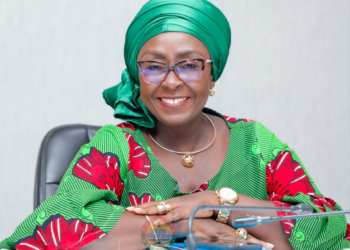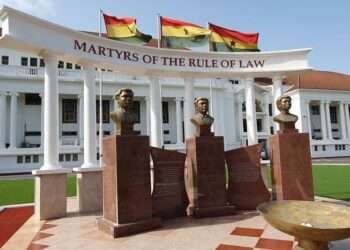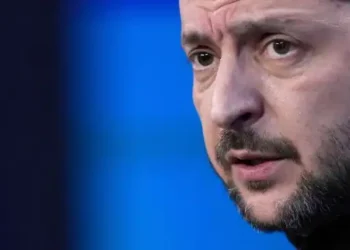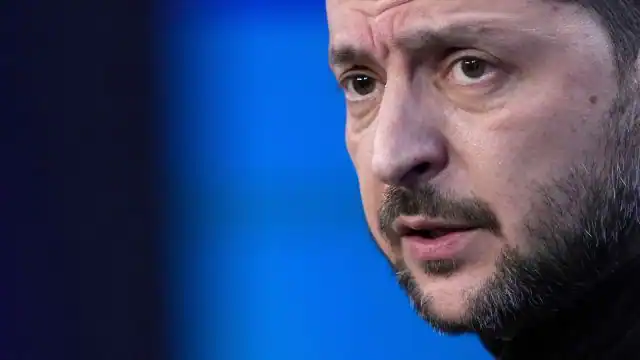The Deputy Director- General, Alan Wolff has stressed the urgency in building a more structured WTO cooperation with humanitarian and peace communities.
He said this during the first edition of the Trade for Peace week held on November 30, 2020, which is to serve as a precursor to the celebration of its 25th anniversary, a silver Jubilee of the WTO.
In his opening address, he remarked that the celebration of the WTO’s 25th anniversary was for the purpose of “knowing better where our institutions came from, how they arose, to review what they have accomplished, and to consider how the future should be shaped.”
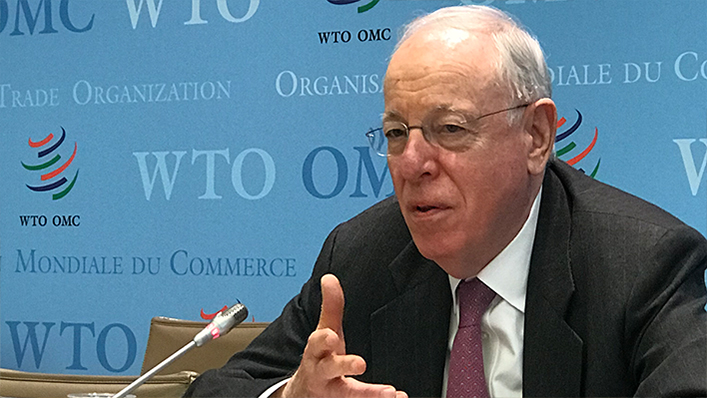
A journey into the future
He recounted how trade had evolved from the past, to the present and then the future, noting that the history, as well as current relations among nations, show that there is a proven correlation between peace and trade. He further stated that “Trade does not guarantee peace, but it is an essential foundation for the economic stability that makes peace more possible.” In effect, he highlighted that peaceful relations in turn makes the expansion of trade achievable.
Looking at perspectives from the past, the peace-trade linkage was championed by the founders of the 1948 Havana Charter for the International Trade Organization (ITO), immediately after the first and second world wars and the Great Depression and the purpose as enshrined in the charter was “to create conditions of stability and well-being which are necessary for peaceful and friendly relations among nations.”
Considering the peace and trade linkage in present times, the Deputy Director-General remarked that the link between peace and trade was revived, after it had been reclined for some time. But, this was revived by a group of fragile and conflict-affected LDCs in the process of accession- Comoros, Sao Tome and Principe, Somalia, South Sudan and Timor-Letse who came together with recently added LDCs such as Afghanistan, Liberia and Yemen, and called for the need to consider the fact that trade and economic integration can be employed to promote inclusive and sustainable peace particularly for their countries. This initiative was then accepted and launched.
He further stressed that trade for peace is part of the future. “The WTO of the future will promote peace by creating economic conditions that bring greater stability to fragile and conflict-affected lands.”
Championing the Trade for peace initiative can “contribute to making the trading system of our future more agile responsive, humane and fit for purpose to support the well-being of humanity.” For this reason, the WTO of the future will need new forms of multilateral cooperation to deal with future crisis that can respond to the needs of a wide diversity of members.
In order to scale up current efforts to facilitate making huge progress going into the future, he mentioned that there is the need to create a white paper on Trade and Peace, which could include the best practices of the use of trade policy instruments to promote positive peace.
The WTO can also establish a permanent platform such as a Commission on Trade for Peace in order to bring together trade experts and peace builders to explore a new agenda for the Trade for Peace initiative.
Another is to develop training materials on trade for peace, which could be used by trade practitioners and peace builders deepen understanding of the use of trade instrument for inclusive and sustainable peace.
READ ALSO: WTO to host first Trade for Peace Week


